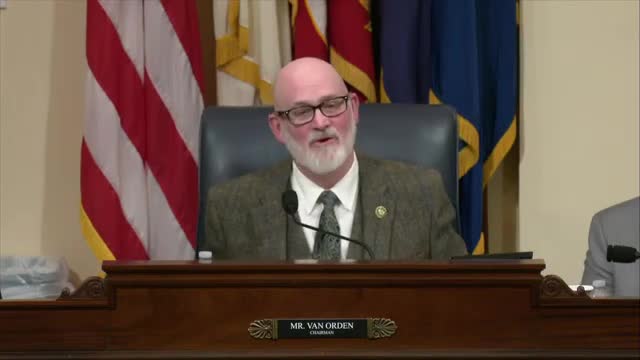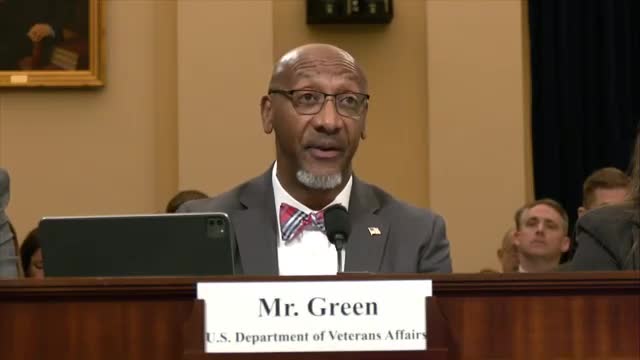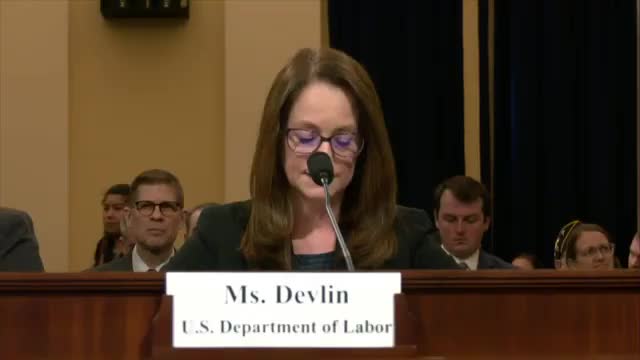Article not found
This article is no longer available. But don't worry—we've gathered other articles that discuss the same topic.

House panel faults DOD on late TAP participation, seeks stronger commander accountability

VA Solid Start, mental health outreach and spouse inclusion highlighted as key components of TAP

